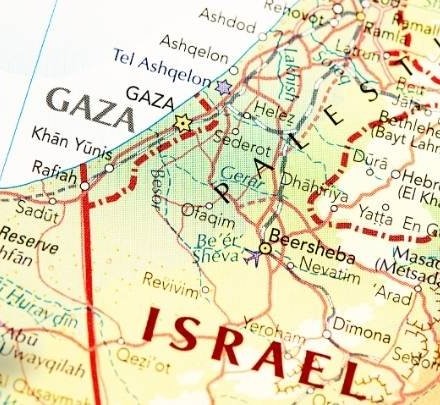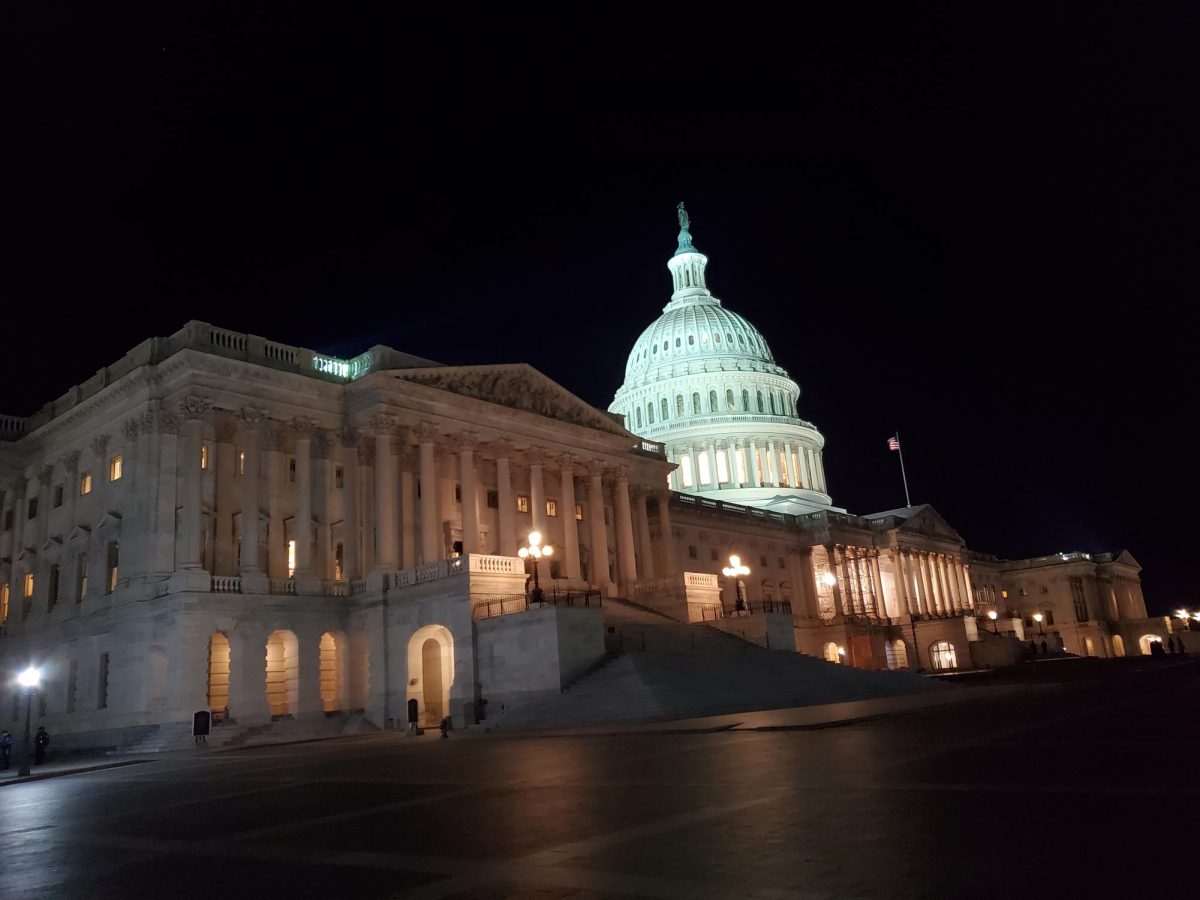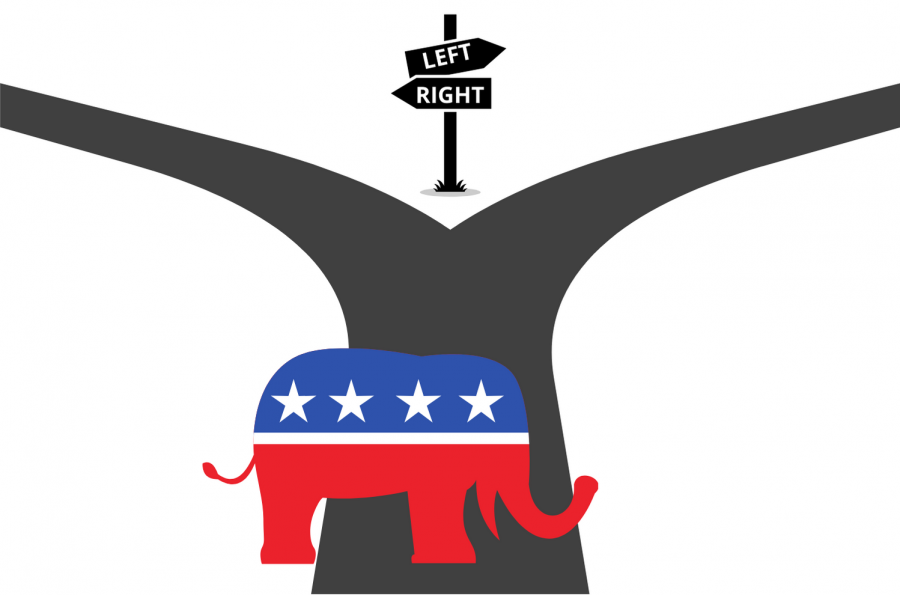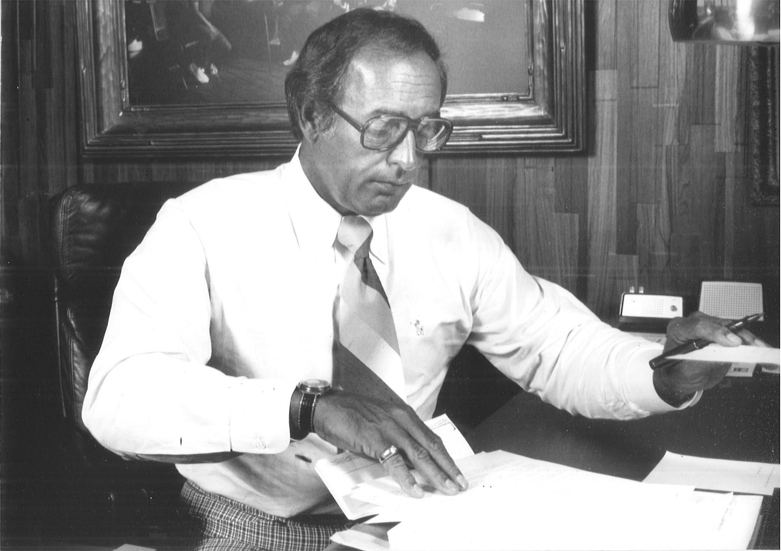The European Union imposed a new round of sanctions against Iran on Monday due to their failure to assure the international community of the peaceful intentions of their nuclear program.
These sanctions are intended to restrict trade between Iran and the EU in order to put more pressure on the Islamic government.
At a meeting in Luxembourg, EU foreign ministers expressed “serious and deepening concerns over Iran’s nuclear program,” adding that Iran was “acting in flagrant violation of its international obligations.”
The new European sanctions were necessary as a result of a “continued failure to satisfy the world that the program was for peaceful purposes,” said William Hague, the British foreign secretary.
These new sanctions fall in a long line of restrictions placed on Iran by the United States, the UN, and the EU in recent years. Specifically, the new sanctions are aimed at restricting the financial, trade, transport and energy sectors.
The European Union “agreed to prohibit all transactions between European and Iranian banks unless authorized in advance under strict conditions with exemptions for humanitarian needs,” according to an official statement.
The European Union also had “decided to strengthen the restrictive measures against the Central Bank of Iran. Further export restrictions have been imposed, notably for graphite, metals, software for industrial processes, as well as measures relating to the shipbuilding industry.”
Previous sanctions have already had a crippling effect on the nation’s economy. The country’s currency, the rial, lost forty percent of it’s value against the dollar in recent weeks. This acute inflation may be due to the sanctions which restrict the nation’s ability to sell oil to and complete banking transactions with European countries.
Meanwhile, a leading European satellite provider, Eutelsat, cut the broadcasting of 19 Iranian television and radio stations as a result of earlier sanctions. These channels are still running in Iran but will not be broadcast in Europe or other countries.
In a statement, Press TV, one of the channels to be cut, said the move “shows that the European Union does not respect freedom of speech and … is a step to mute all alternative news outlets representing the voice of the voiceless.”
While almost everyone seems to see the need for increased pressure on Iran, many officials are worried about losing sight of peaceful negotiations.
Carl Bildt, the Swedish foreign minister, emphasized the need for a more intensive diplomatic effort alongside the sanctions.
“I think there are voices that sound like they want a war,” Bildt said. “We don’t want war.”
Catherine Ashton, the European Union’s foreign policy chief, asserted: “We want to see a negotiated agreement. But we will continue to keep up the pressure.”
Iran’s supreme leader, Ayatollah Ali Khamenei said the latest measures were nothing new but described them as economic warfare.
During a speech in Shirvan, in eastern Iran, he praised Iran’s “exemplary political stability and tranquillity,” adding: “The enemies wanted to make our people depressed and exhausted through their sanctions. Our nation’s will and resolve to defend the ruling Islamic system should be a lesson to them.”






